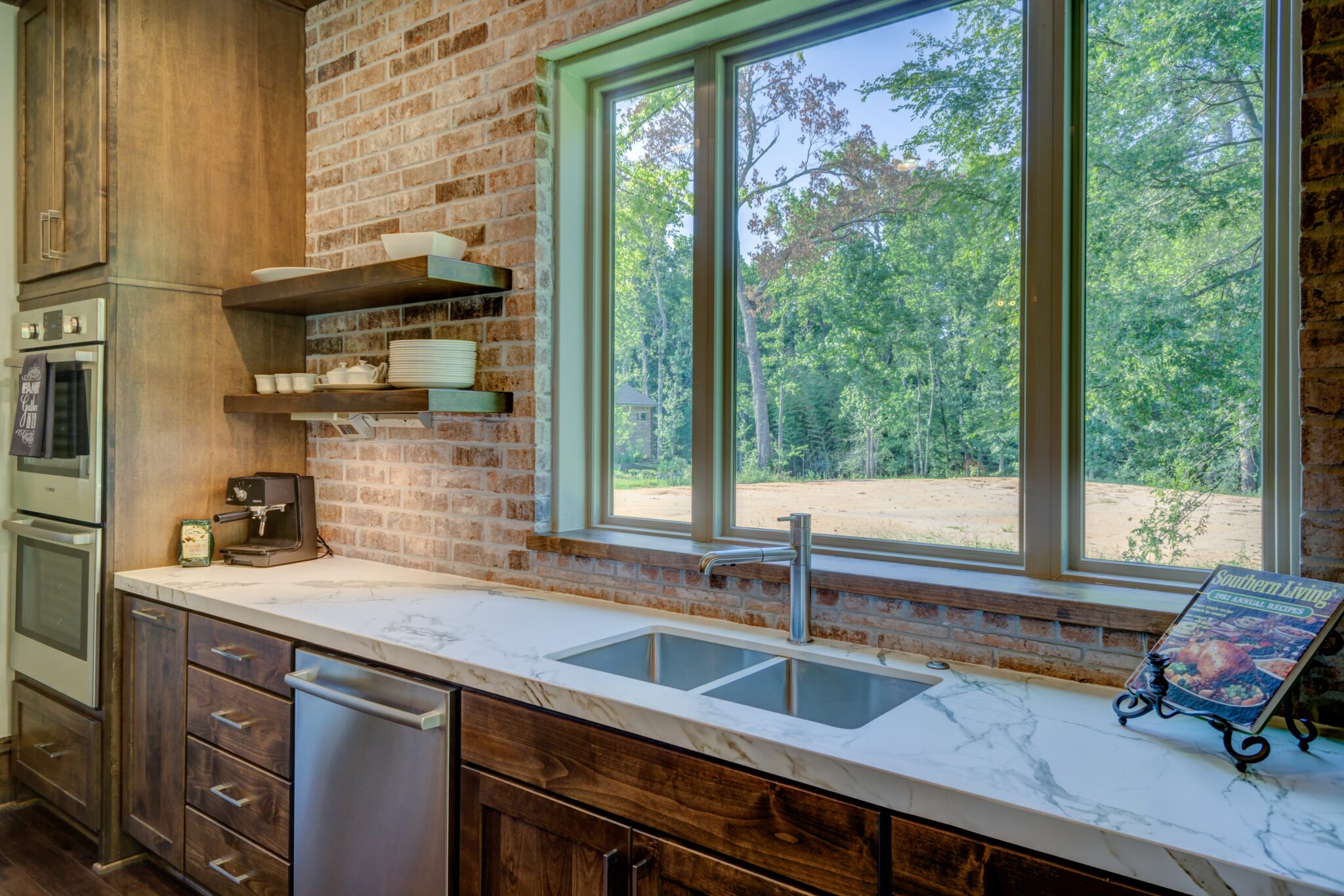Roofs are one of the most critical parts of a house but also the most expensive. While maximizing your roof’s lifespan is important, you shouldn’t ignore the signs that you need a new roof. Not taking action can lead to wood rot, mold growth, and structural damage to your home.
How to Tell If You Need a New Roof
If you’re experiencing any of the issues below, it’s time to consider a roof replacement.
1. There’s Water Damage in Your Home
Significant water damage on your ceilings or walls is one of the most important reasons to replace a roof.
A roof has many vulnerable points, especially around vents, chimneys, skylights, and dormer walls. And while some of these roof repairs are easy DIY fixes, noticing water spots in several areas of your home indicates a problem with your roof material, underlayment, and maybe even your roof decking.
Water spots can signal that the wooden parts of your roofing system are rotting, leading to dangerous mold in your home. Waiting to repair the roof will only result in more damage. Contact a roofing contractor as soon as you’re able.
2. Your Roof is Sagging
A sagging roof indicates the roof decking is damaged or that there are larger problems with your rafters or trusses.
The roof decking contains pieces of plywood that sit on top of the roof frame, acting as a base for your underlayment and roofing material. If the decking is sagging, you must remove your shingles and underlayment to replace the damaged boards.
If the roof’s frame (rafters or trusses) is damaged, it calls for an even more extensive repair.
3. Many Shingles are Curled or Cracked
Replacing a damaged shingle or two is an easy and inexpensive repair. But, if your roof is past its warranty and there are multiple sections of curling or cracking, it’s time for a replacement.
Replace your roof before the warped shingles lead to water damage.
4. Your Roof is Old
Should you replace your roof if it’s not leaking? If you want to stay proactive and prevent damage, replace your old roof before it starts to fail. The best way to determine the lifespan of your roof is to locate the original manufacturer’s warranty.
If you can’t find that information, here’s a general estimate of the lifespan of different roofing materials. Remember, these are averages, and your roof may last longer depending on the brand and quality.
- Asphalt Shingles: 15-30 years
- Metal Standing Seam: 40-70 years
- Metal Shingles: 40 years
- Wood Shingle/Shake: 30 years
- Clay Tile: 100 years
- Slate: 100 years
- Synthetic Slate: 50-100 years
5. There’s Excessive Plant Life on the Roof
A little algae or moss on your roof is not a cause for alarm. Instead of replacing it, you can clean it off. But if your roof is covered in so much plant life that removing it would lead to damage and leaks, it’s time for a new roof.
When replacing the roof, take the necessary steps to prevent plants from overtaking it again. Consider a metal roof or asphalt shingles with a built-in algicide. Then, clean the roof as needed to avoid plant spores from taking over.
6. Your Shingles Break Apart During Rainstorms
Old brittle shingles can’t handle storms and may break down. Look in your gutters. If there are pieces of asphalt shingles in them, your roofing material no longer offers protection during harsh weather.
7. All the Flashing is Rusted and Warped
The flashing is the thin metal piece that surrounds vents, chimneys, sidewalls, and other protrusions. It prevents water from entering around these obstacles.
If you’ve inspected your roof and noticed all the flashing is deteriorating, it’s probably a good time to call in a roofing contractor. They can advise on whether to replace only the flashing or if an entirely new roof is in order. Whatever you do, don’t ignore bad flashing – it can lead to major leaks in your home.
8. Daylight Shines Through the Attic Ceiling
If you walk into the attic and see daylight through the ceiling, replace your roof ASAP. You have holes in your roof’s decking, which is the base of your roof and one of the most integral parts.




